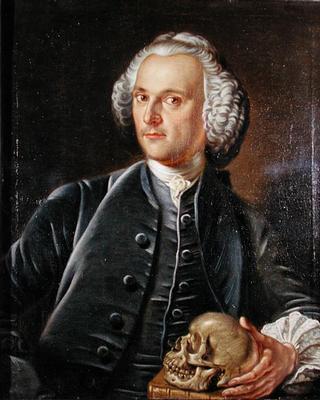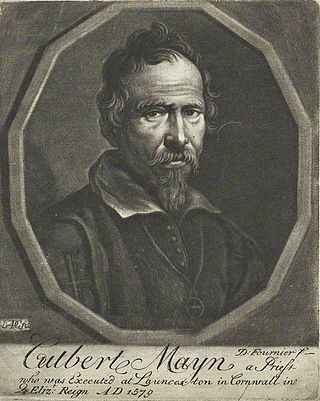Related Research Articles
Thomas Hutchinson was an English clergyman and classical scholar.

Samuel Bolton was an English clergyman and scholar, a member of the Westminster Assembly and Master of Christ's College, Cambridge.
John Aikin (1713–1780) was an English Unitarian scholar and theological tutor, closely associated with Warrington Academy, a prominent dissenting academy.

William Artaud (1763–1823) was an English painter of portraits and biblical subjects.

John Williams (1761–1818) was an English poet, satirist, journalist and miscellaneous writer, best known by the pseudonym of Anthony Pasquin.
John Angell, was an Irish professional shorthand writer. Angell was from Dublin, and professor of the art there.
John Bowden was an English Presbyterian minister.
Beaumont Brenan was an Irish poet and playwright. He was the author of The Painter's Breakfast, a dramatic satire, Dublin, 1756. He is also credited with the production of a comedy, entitled The Lawsuit; Edmund Burke is said to have intended to publish it by subscription, but which never saw the light. He was a painter in Dublin.
Richard Bridge or Bridges was a leading English organ-builder of the eighteenth century. In 1748 he was living in Hand Court, Holborn, London.
Robert Shiels was an English literary compiler.
John Seddon (1719–1769) was an English Unitarian minister.

William Barrett (1733–1789) was an English surgeon and antiquary.
Abraham Fowler was an English poet.
Edward Fisher (1730–c.1785) was an Irish-born mezzotint engraver, mostly of portraits, working in London.

Daniel Fournier was an English engraver and draughtsman.
Edward Fryer, M.D. (1761–1826) was an English physician.
William English was an Irish poet.

John Tinney was an English engraver and printseller. He carried on business at the Golden Lion in Fleet Street, London, where his own works were published. He is now known for his pupils: John Browne, Anthony Walker and William Woollett.
Thomas Bell (1733–1802) was a Scottish minister, known as a theologian and translator.
Samuel Humphreys (c.1697–1738) was an English poet, librettist and translator. He is known for the words he wrote for Handel's oratorios Esther (1732), Deborah (1733), and Athalia (1733).
References
 This article incorporates text from a publication now in the public domain : "Bowden, Samuel". Dictionary of National Biography . London: Smith, Elder & Co. 1885–1900.
This article incorporates text from a publication now in the public domain : "Bowden, Samuel". Dictionary of National Biography . London: Smith, Elder & Co. 1885–1900.
- Attribution
![]() This article incorporates text from a publication now in the public domain : "Bowden, Samuel". Dictionary of National Biography . London: Smith, Elder & Co. 1885–1900.
This article incorporates text from a publication now in the public domain : "Bowden, Samuel". Dictionary of National Biography . London: Smith, Elder & Co. 1885–1900.